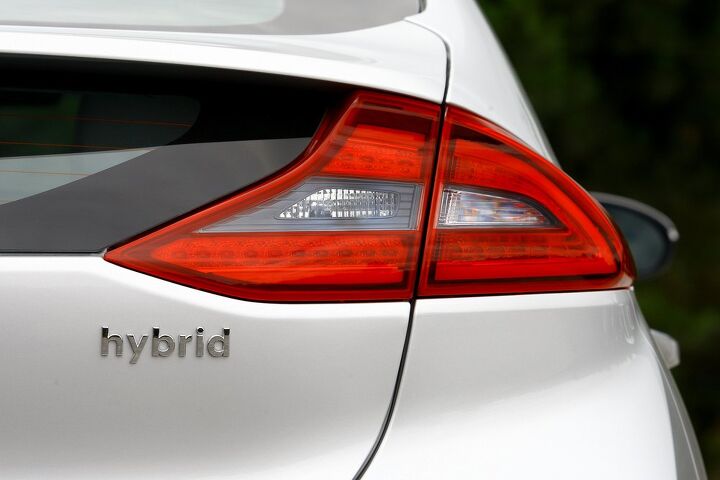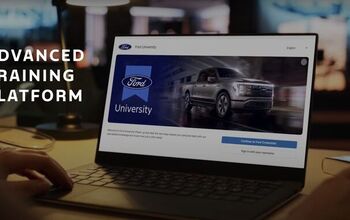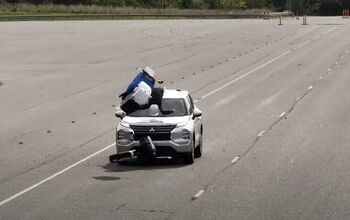Are Hybrids More Reliable Than ICE Vehicles?
The popularity of electric vehicles (EVs) is on the rise, yet they face challenges regarding reliability. Consumer Reports' 2023 Annual Auto Reliability Survey reveals that, on average, new EVs present 79 percent more problems than internal combustion engine (ICE) vehicles. Electric pickups are particularly less reliable, marking the least reliable vehicle category.
Comparative Performance: Hybrids, PHEVs, and ICE Vehicles
Hybrids emerge as more reliable options, experiencing 26 percent fewer problems than ICE vehicles. Conversely, Plug-in Hybrid Electric Vehicles (PHEVs) show an average of 146 percent more problems compared to ICE vehicles. This variance highlights the diverse performance of electrified vehicles.
Insights from Consumer Reports' Auto Testing Director
Jake Fisher, Senior Director of Auto Testing at Consumer Reports, notes that EVs are relatively new in the mainstream market. He observes some positive trends in EV reliability but advises consumers to consider models beyond their first year of release for better reliability.
Asian Brands Lead in Reliability, Challenges for Domestic Manufacturers
Asian auto brands, particularly Lexus and Toyota, dominate Consumer Reports' 2023 brand reliability rankings. In contrast, U.S. manufacturers face challenges, with Buick being the highest-ranked domestic brand at 12th place, and Chrysler ranking last.
Tesla's Performance in Battery and Charging
Tesla models, specifically the Model Y and Model 3, show comparatively fewer issues in battery and charging, diverging from the general trend of EV problems in these areas.
Consumer Reports' Comprehensive Data Analysis
The 2023 survey encompasses feedback on over 330,000 vehicles, covering 20 potential problem areas including engine, electric motors, and in-car electronics. This data forms the basis for predicting new car reliability.
Evolving Auto Market Demands
Consumer Reports' President and CEO, Marta L. Tellado, emphasizes the unchanging consumer need for safe and reliable cars, despite shifts in the auto market. The organization's annual report aims to guide buyers towards dependable vehicle choices.
New Trouble Areas for Electrified Vehicles
With the growing presence of hybrids and EVs, Consumer Reports has added specific trouble areas to its survey, such as Electric Motor, EV/Hybrid Battery, and EV Charging, to better assess these vehicles' unique challenges.
Changes in Overall Score Calculations for Safety
Starting with 2024 models, Consumer Reports is adjusting its Overall Score system. Vehicles lacking standard automatic emergency braking with pedestrian detection will see a deduction in points. Similarly, active driver assistance systems without effective direct driver monitoring systems will lead to a score reduction.
Electric Vehicles: Varied Problems Across Brands
EVs, including electric SUVs and pickups, continue to be less reliable. While Tesla faces challenges with body hardware and climate systems, other brands struggle more with powertrain, battery, and charging issues.
Hybrids Outshine PHEVs in Reliability
Hybrids are proving more reliable than both EVs and ICE vehicles. In contrast, PHEVs, due to their complexity, exhibit greater reliability issues.
Overview of Brand Performances
The survey provides a detailed analysis of various brands, highlighting their specific strengths and weaknesses across different models and categories.
This article was co-written using AI and was then heavily edited and optimized by our editorial team.
More by TTAC Staff
Latest Car Reviews
Read moreLatest Product Reviews
Read moreRecent Comments
- MaintenanceCosts Being married to someone who developed acute sensitivity to some VOCs after a smoke inhalation incident, I'm more aware of these things than I used to be. When we bring home a new car we've developed a protocol that helps quite a bit. First, leave the car in the sun for a day or two to speed the offgassing. Second, after doing that, wipe down all the surfaces in the car with fresh water. Third, leave the windows open when the car is in the garage. Fourth, wipe down again with water after a couple of weeks. Doing that substantially reduces new car smell pretty quickly after purchase.
- Bd2 While this is not breaking news a 11, it is a good reminder especially to the ultra affluent who purchase vehicles on a more regular basis.
- SCE to AUX At least with direct sales, there's one less party to point fingers about pricing.
- Wjtinfwb Malibu will be the Ford Panther of this decade. We won't miss it until its gone. GM will tell you there's no market for sedans anymore. Honda, Toyota, Nissan, Hyundai, Kia, Mercedes-Benz, BMW, VW, Audi and others will challenge you on that. GM gave up on Malibu as soon as it was introduced in 2017, no development, only de-contenting and relegation to "Fleet" status. I've had a lot of Malibu rentals, they were fine. Not as nice as an Accord or Camry, but preferable to an Altima, Sentra, Sonata or Jetta in my mind. A little development in the powertrain, refinement of the suspension and clean up on the styling would have done wonders. But that's not the GM way. Replace it with something else equally mediocre or worse but charge more because it sits higher. It's a shame GM has been relegated to such a back of the class manufacturer when spectacular cars like the C8 Corvette show what they can do when someone really gives a damn.
- SCE to AUX This has been a topic for at least four decades.In a world filled with carcinogens, you'd need an enormous study to isolate the effects of seat foam compared to every other exposure we have.Besides, do people really drive around without any fresh air purging the cabin?


































Comments
Join the conversation